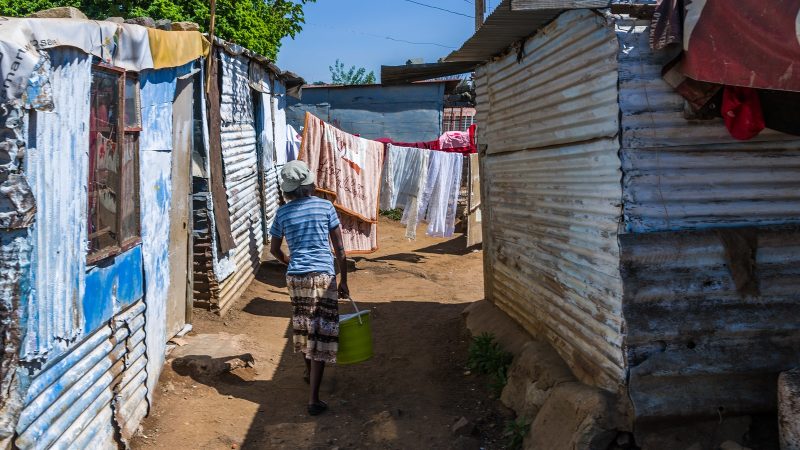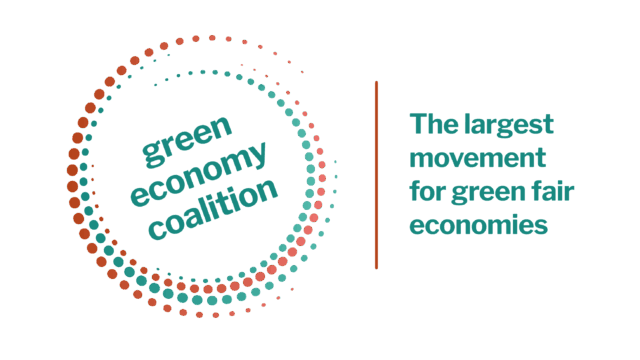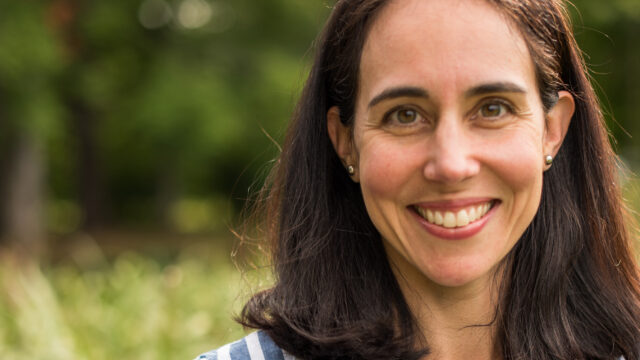Only 5 out of 10 for South Africa’s transition to a green economy

New research launched today shows that South Africa’s transition to a low-carbon, sustainable and inclusive future is stuck in first gear, with ambitious policies on paper but slow progress on the ground.
The South African economy remains locked into ‘brown’ energy systems and investments, the benefits of which are not reaching most people - but particularly the poorest.
Leading South African NGOs are therefore rating South Africa’s green transition at only 5 out of 10.
The report finds:
- 90% of the electricity generated in South Africa is still based on coal-fired power plants;
- The economy remains reliant on fossil-fired and carbon-intensive industries which are failing to provide jobs, with 38% of the population currently unemployed;
- Credit rating agencies have put the economy at a ‘sub-investment’ grade;
- Serious institutional and governance failures have allowed systemic problems like the Cape Town drought to go almost unchecked.
More than half a decade on from the world-leading 2011 Green Economy Accord and the 2012 National Development Plan (NDP), which together set out to transform South Africa into a low-carbon, climate resilient and just society, the country remains worryingly inefficient, unsustainable and unequal.
“ “South Africa is not yet grasping the opportunities of a green economy. It finds itself at a crossroads, where it needs to either fully embrace a green economy trajectory - or continue to grapple with the triple challenge of poverty, inequality and environmental degradation.””
The South Africa Green Economy Barometer, published today by South African thinktanks the African Centre and Trade & Industrial Policy Strategies (TIPS) and supported by the Green Economy Coalition (GEC), suggests that in the long run, supporting green economic planning will offer a more sustainable path for the future.
Dr Mao Amis, founder and CEO of the African Centre, says: “South Africa is not yet grasping the opportunities of a green economy. It finds itself at a crossroads, where it needs to either fully embrace a green economy trajectory - or continue to grapple with the triple challenge of poverty, inequality and environmental degradation.”
“This primarily means adopting a people-centred approach in support of small business and all fringes of society, in order to embark on a just transition from fossil fuels to renewable energy and electric mobility,” adds Gaylor Montmasson-Clair, Senior Economist at TIPS.
There are some bright spots. Urban transport systems and manufacturing are becoming less resource intensive. There are more protected and conservation areas in South Africa than ever before. And the country has pioneered some key innovations in sustainable finance in recent years.
But South Africa’s ecological footprint continues to exceed the country’s biocapacity, and key biodiversity hotspots remain in a dire state. There is little awareness of the value of nature or natural capital in government decision making. And marginalised people and the informal sector are too often forgotten in national efforts to grow and green the economy.
For the transition to take off, at scale and at speed, there are three key action areas:
- Resolve the gridlock on energy and transport in the country, which has ground the renewable energy transition to a halt and enshrined fossil fuels as the basis of energy generation and transportation in the country.
- Prioritise support to small enterprises focusing on access to finance and capacity. A new approach to understand and work with the informal economy is imperative if the transition is to improve the lives of the majority.
- Step up efforts to conduct full ‘wealth accounts’ for South Africa that assess and value the full cultural and societal benefits of the country’s stocks of human and natural capital.
Notes to Editors
For more information or to arrange an interview please contact:
Mao Amis mao@africancentre.org
Gaylor Montmasson-Clair gaylor@tips.org.za
Ben Martin ben.martin@greeneconomycoalition.org
The Green Economy Coalition (GEC) is the world’s largest movement for fair, green economies. The GEC brings together over 50 organisations including trade unions, environmental NGOs, development NGOs, business and international institutions, and has hubs in seven locations around the world.
Trade & Industrial Policy Strategies (TIPS) is a not-for-profit economic research institute based in Pretoria, South Africa. TIPS has three main focus areas: trade and industrial policy, sustainable growth, and inequality and economic inclusion. TIPS undertakes research and analysis, and facilitates policy development, dialogue and capacity building.
The African Centre (Africege) is a think tank and social innovation hub, working towards the transition to a new economy in Africa. We provide strategic advice to enable businesses mitigate climate risk and mainstream social innovation into their business models.
Together, they lead the Green Economy Coalition South Africa hub, an ongoing initiative to accelerate a national transition to a green economy. For more information, please see The African Centre’s and TIPS’s websites.


